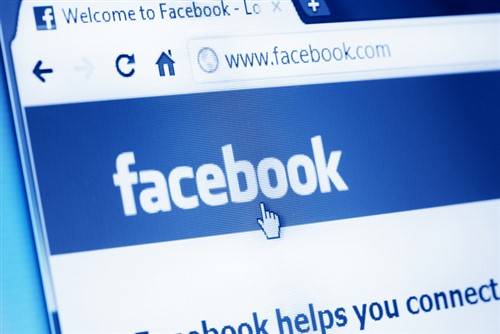
US-based Social Science Research Council has named the University of Canberra as the only Australian institution to receive a US$50,000 grant, which allows the University to access raw Facebook data for almost two years.
The Council’s Social Science One program, which began to look for academic partners in 2018, allows academics to use the vast troves of data for their research.
The University started the application process in mid-2018 and had to ensure the privacy and protection of personal information in order to access the Facebook’s data.
UC communication associate professor Dr Sora Park and her team will be using the raw Facebook data for their study, titled: ‘Framing and Sharing News on Social Media’ – an Australia-first for mapping how people consume and spread news on Facebook.
Associate professor Park – who also serves as the Faculty of Arts & Design associate dean of research – said the data will help them see the social media platform impacts news, and how new outlets compete with the more traditional news sources.
The study, which will also make use of UC’s Digital News Report for comparison, will also look into what kind of information Australians are into.
According to the Digital News Report: Australia 2019, Australians are fact-checking information to fight fake news with 62% of Australians who consume news say that they are concerned about real and fake information in the internet. This is higher than the 55% global average.
The majority (66%) of Australians said the media is doing its job to keep them updated but only 57% said that the media did a good job explaining issues.
The report also showed that older generations still make use of offline sources for news while almost half of the younger generations opt for online sources. Some 47% of generation Z and 33% of generation Y turn to social media for their source of news.
Despite this, Australians are the ‘lightest’ when it comes to consuming news with the report revealing that Australians would rather pay for Netflix than they would pay for online news.
Australians with lower education and income are also least likely to consume, fact-check and pay for news than their more education, richer peers.
The 2019 report also showed that only 48% of Australians consume news one a day or less. However, this is still higher than the global average of 34%.
Last year also saw as much as 88% of Australians saying that they were worn out by the volume of news coming out, leading to news avoidance. As much as 62% reported that they have avoided news, an increase from the 57% who did so in 2017.


